Understanding Credit Reports
As Credit Reports influence many aspects of our everyday lives, it is important to both understand how the credit bureaus work and how information affects your score.
Usually, your credit reports can only be used to:
Lend money or extend credit
Collect a debt you owe
Consider you for a rental housing or for a job
Provide you with insurance
Meet a direct business need
There are two main credit bureaus in Canada – Equifax and TransUnion. Free reports are available through their websites, or by ordering them by mail, fax, or telephone. You can also install an app on your smartphone from Borrowell or Credit Karma to stay up to date on your credit report.
Review your report at least annually to correct errors and check for fraud. You have the right to dispute any information on your credit report that you believe is wrong and can ask for errors to be corrected. Watch for the following:
Personal information mistakes
Credit card or loan account errors, such as payments made on time that are being reported as late
Negative information that is still being reported after the maximum number of years it is allowed to stay on your report (this information varies from bureau to bureau and province to province – check the credit bureau websites for details)
Accounts that you have never opened, which could indicate identity theft
You cannot change factual, accurate information related to a credit account. For example, if you have missed payments on a loan or credit card and subsequently pay it off, close the account, or file a bankruptcy or proposal - the negative history won’t be removed. Negative information will only be removed after the prescribed amount of time. Also, be wary of “credit repair” companies that claim they can eliminate negative information for a fee before the date it would normally be removed – this is not possible.
Improving your credit score is not an exact science and the actual formulas used to calculate credit scores are the property of private companies and are not available to the public.
The main factors that are used to calculate your score include:
Payment History
When you pay your bills;
Late or missed payments;
Debts you did not pay, that were written off or sent to a collection agency;
Whether you declared bankruptcy or filed a proposal
Use of Available Credit or Credit Utilization
How much of your available credit you actually use, not your credit limits;
When you use a large percentage of your available credit, lenders see you as a greater risk, even if you pay your balances on time or in full;
To figure out your available credit, add up the credit limits on all of your credit products.
Start your journey to financial freedom. Book your free, no obligation consultation today to connect with one of our experienced BC/Yukon Licensed Insolvency Trustees (LITs).

